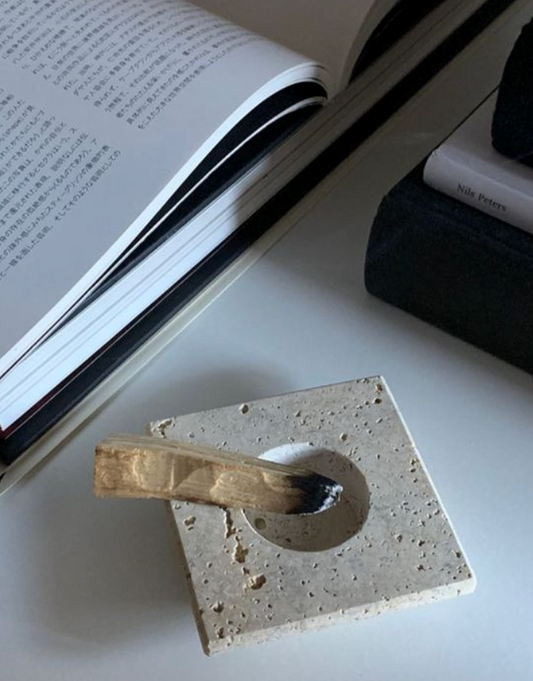Managing Stress Through Your Nervous System
BY DR AIMEE BROWN
A lot of people do not realise how stressed their bodies and minds actually are. In my opinion, I think that this is because the definition of what stressors are has changed and we may not have recognised that yet.
We are being pulled in so many directions and it is important to recognise that all of these things are classed as a stressor to our nervous system.
What is the Nervous System
The nervous system has two main parts; the Central Nervous System (CNS) which is made up of the brain and spinal cord, and your Peripheral Nervous System (PNS) which is everything else including cranial nerves, spinal nerves, their roots and peripheral nerves.
The PNS communicates messages from the brain and the rest of the body. The PNS also has two branches. One of these is the Somatic Nervous System. This is the portion which carries information to and from the nervous system which is conscious and voluntary, for example motor and sensory
control. The second part of the PNS is the Autonomic Nervous System which regulates involuntary functions such as breathing, heart rate and hormone secretion.
Parts of the Nervous System
Central Nervous System (CNS) Brain and Spinal Cord
Peripheral Nervous System (PNS) Spinal Nerves, Cranial Nerves, Peripheral Nerves
Somatic - Information to and from the nervous system
Autonomic - Involuntary functions(breathing, heart rate)
Parasympathetic - Rest and Digest
Sympathetic - Fight and Flight
Parasympathetic nervous system vs sympathetic nervous system
Parasympathetic
- More blood flow available for digestion
- Pupils constrict
- Saliva secretion is stimulated
- Heart rate slows
- Airways constrict
- Stimulates activity of stomach
(increased blood flow to stomach)
- Stimulate activity of intestines
- Gallbladder is stimulated
- Relaxes Bladder Sphincter
- Promote erection of genitals
sympathetic
- Increased blood flow to muscles
- Pupils dilate
- Salivation inhibited = dry mouth
- Increased heart rate
- Airways dilate
- Decreased digestion in stomach (blood is diverted away to muscles)
- Intestinal activity is inhibited
- Gallbladder is inhibited
- Secrete epinephrine and norepinephrine
- Promote ejaculation and vaginal contraction
- Contracts bladder sphincter and decreased urine output
- Stimulate release of glucose
Vagus Nerve
“It controls heart rate, breathing and digestion”
Why is the vagus nerve, (cranial nerve 10), so important? Well it is the longest and largest cranial nerve so it has a big impact on your function. It also has both sensory and motor functions.
How Stress Impacts Our Body
Stress impacts us physically and can show up in our bodies in a variety of different ways; from
headaches and neck pain, tight shoulders and upper back, butterflies in your stomach, irritable
bowels, or tension in your jaw and face as you clench your teeth.
Using The Nervous System to Manage Stress and Anxiety
- Breathing techniques is an easy, free and simple way to help take your body back into control.
- Water therapy is a great way to stimulate your vagus nerve. Jumping into cold water or using an ice bath is ideal, and if done regularly, it has been shown to lower your “fight and flight” response.
- Get out in nature. Fresh air, sunshine and getting barefoot in grass, soil or sand decreases stress.
More resources and detailed advice, download full guide. - purchase HERE $9.95









